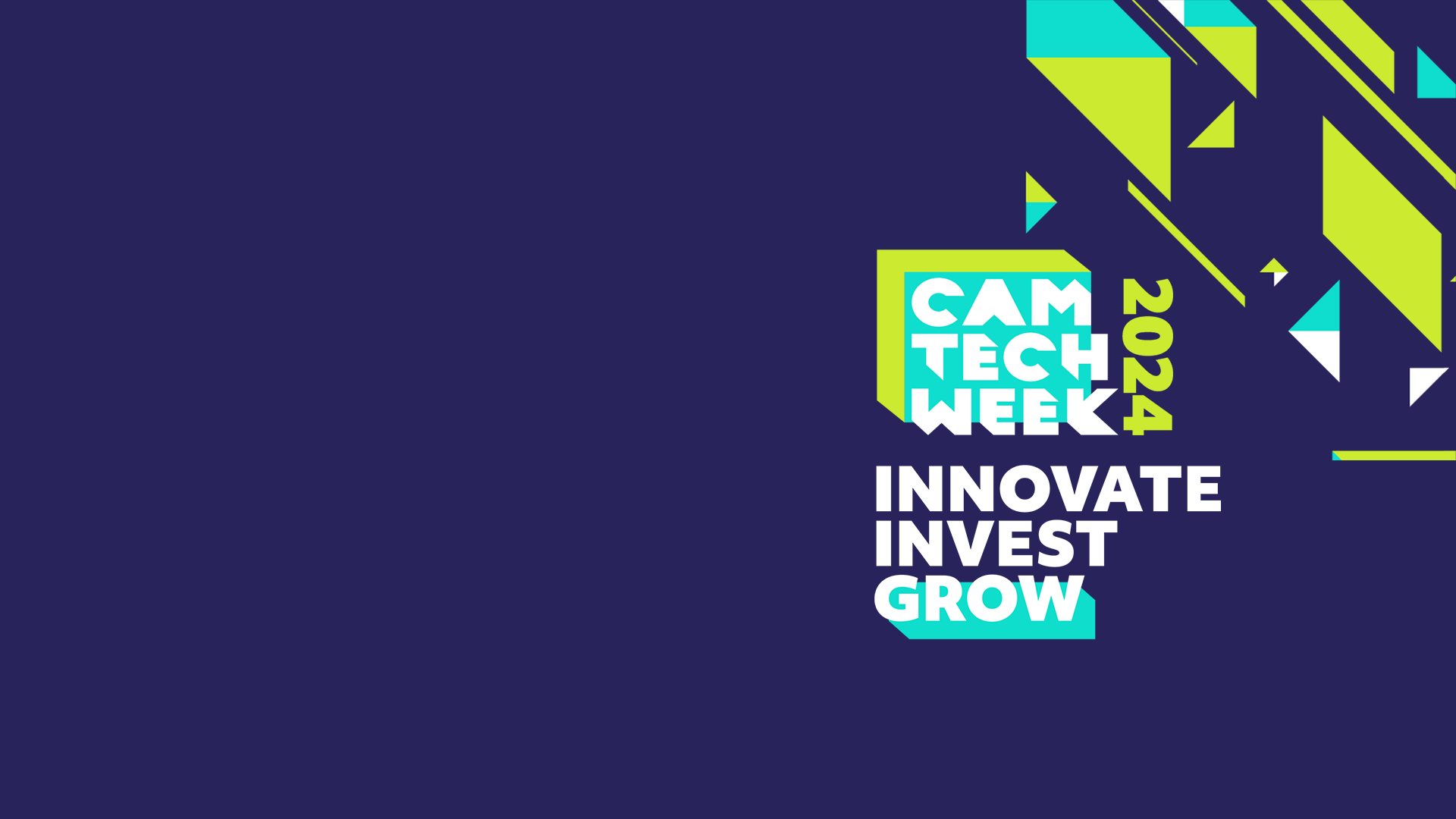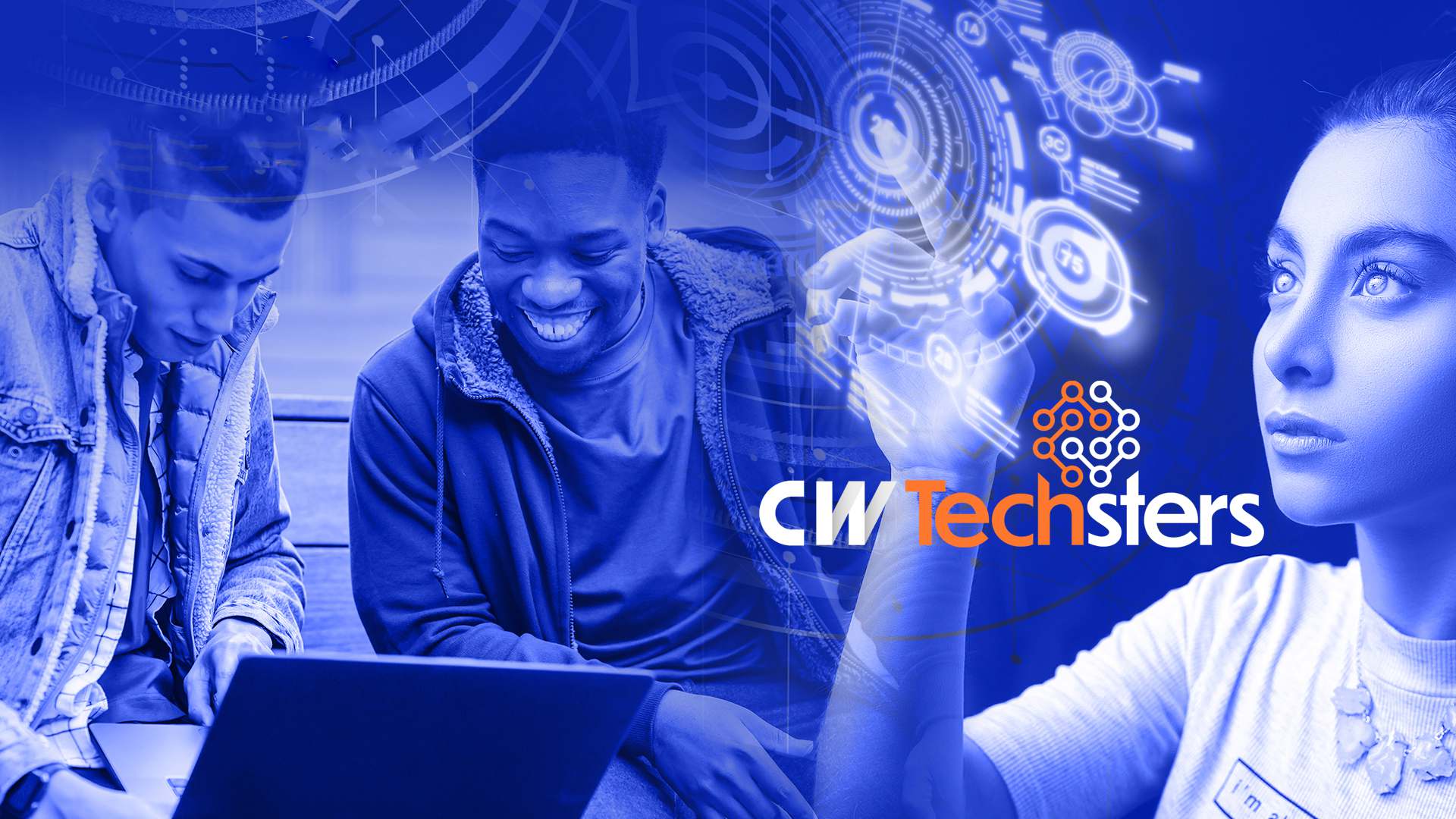The talk will outline the landscape for Quantum Technologies, a ripening field where blue-skies science is enabling real life devices utilising quantum superposition and entanglement. The UK government’s recent substantial investment to this area is targeted at accelerating commercial uptake of emerging quantum-enabled technologies. Still, there are difficulties to overcome, and further development is required before quantum computers and devices can deliver their full promise. One of the oustanding issues relates to quantum light sources: for industrial compatibility they should be able to emit light (photons) of the specified wavelength, on demand and it should be possible to place such a quantum light source where design requires it to be. Until recently, however, it was only possible to either generate good quality photons, but from a random location (e.g. from self-assembled quantum dots) or from a pre-defined position, but compromising on quality. Prof. Atature will discuss his work in this field, and his recent break-through patented technology that enables reliable and controlled quantum light generation, on demand and by design where needed. He will also discuss quantum enablers for distributed secure sensing in IoT.
Professor Mete Atature is a leading expert in optical control of quantum systems, working at the Cavendish Laboratory, University of Cambridge. He received his B.Sc. from Bilkent University Physics Department in Turkey. Then, he joined Quantum Imaging Laboratory at Boston University for graduate studies under the supervision of Profs. Sergienko, Saleh and Teich. During his PhD he worked on multiparameter entanglement and quantum interference using spontaneous parametric down-conversion. In 2002, he switched research interests to quantum optics with semiconductor systems. Until 2007, he was a Postdoctoral Fellow (and later Oberassistent) with Prof. Atac Imamoglu in the Quantum Photonics Group at ETH Zurich. He joined the Cavendish Laboratory in 2007 as a Lecturer and became a Professor in 2015. His research group currently focusses on solid-state quantum networks, nanoscale quantum sensors and energy-efficient novel quantum devices. He is a member of the Networked Quantum Information Technologies Hub (NQIT) and leads the Quantum Cambridge initiative.
For more details and to book please see the web link: http://www.cambridgenetwork.co.uk/events/quantum-from-discovery-science/
Quantum Technologies – from discovery science to industrial applications (a Cambridge Network event)
Brought to you by Cambridge Network
This talk is arranged in partnership with the University of Cambridge Maxwell Centre in what we hope to be a series of talks from leading university professors.
Subscribe to the CW newsletter
This site uses cookies.
We use cookies to help us to improve our site and they enable us to deliver the best possible service and customer experience. By clicking accept or continuing to use this site you are agreeing to our cookies policy. Learn more
Reserve your place
Join the CW network
CW is a leading and vibrant community with a rapidly expanding network of nearly 400 companies across the globe interested in the development and application of wireless and mobile technologies to solve business problems.
Sign in to your account
Please sign in to your CW account to reserve a place at this event and to qualify for any member discounts.






